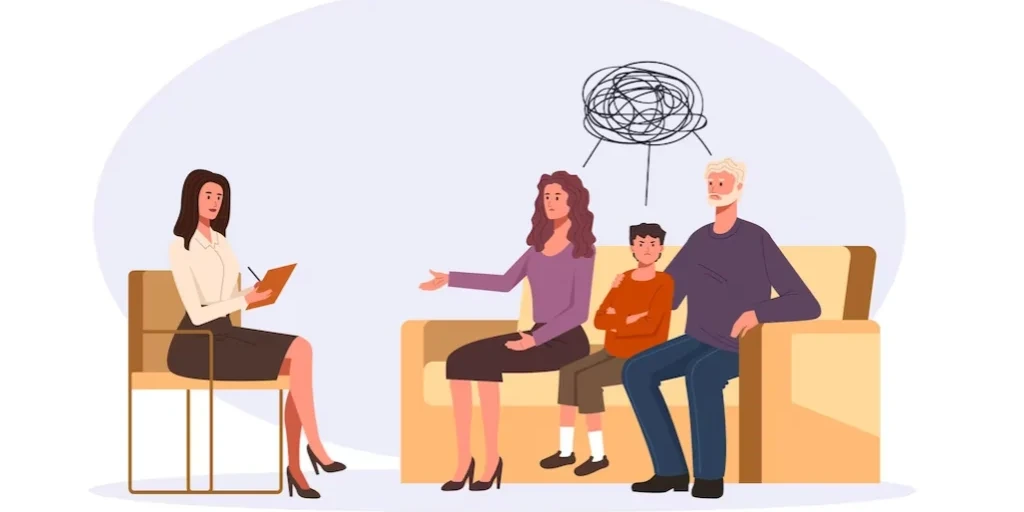24/7 Helpline:
(866) 899-221924/7 Helpline:
(866) 899-2219
Learn more about Bipolar Disorder Treatment centers in Kaw City
Bipolar Disorder Treatment in Other Cities

Other Categories
Other Insurance Options

Private insurance

Access to Recovery (ATR) Voucher

Choice Care Network

Self-pay options

Premera

ComPsych

UnitedHealth Group

WellPoint

Evernorth

State Farm

Medical Mutual of Ohio

Carleon

Sliding scale payment assistance

Health Partners

BlueCross

Molina Healthcare

Group Health Incorporated

Anthem

Optum

Ceridian










Tonkawa Tribe – Substance Abuse Program
Indian Alcohol and Substance Abuse Tonkawa Tribe of Oklahoma offers outpatient services for people s...

Edwin Fair Community Mental Health Center – Kay County
Edwin Fair Community Mental Health Center – Kay County is a private rehab located in Ponca City, Okl...

Bridgeway
Bridgeway is located in Ponca City, Oklahoma. Bridgeway provides substance abuse treatment.

Ponca City Rightway Medical
Ponca City Rightway Medical is a private rehab located in Ponca City, Oklahoma. Ponca City Rightway ...
































Alpha II
Alpha II is a private rehab located in Tonkawa, Oklahoma. Alpha II specializes in the treatment of a...




























